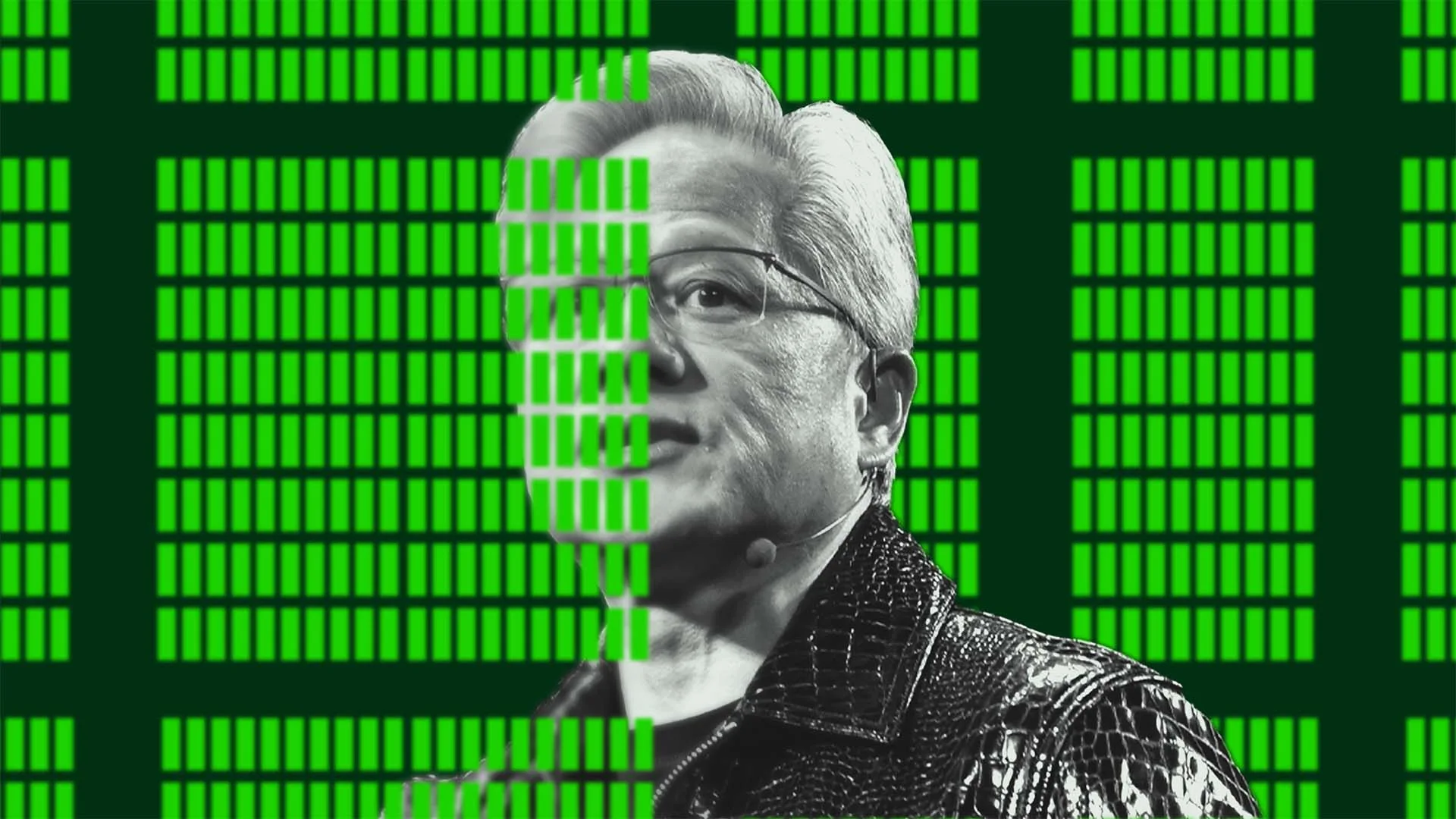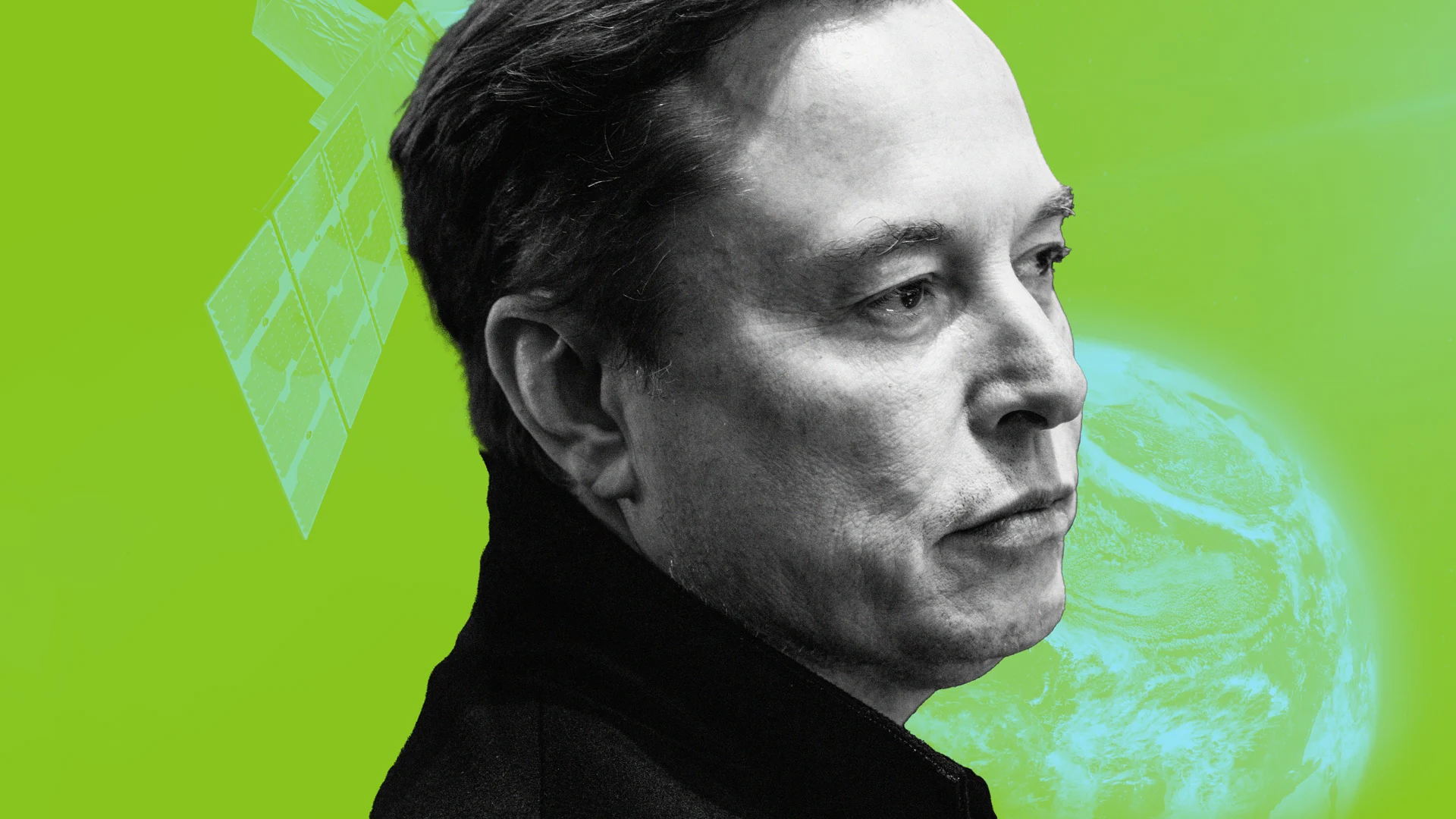Mark Zuckerberg Defends Meta's Acquisitions in Landmark Antitrust Trial
Meta CEO Mark Zuckerberg took the stand in a pivotal antitrust trial, defending the company's acquisitions of Instagram and WhatsApp against allegations of monopolistic practices.

Meta CEO Mark Zuckerberg took the stand in a pivotal antitrust trial, defending the company's acquisitions of Instagram and WhatsApp against allegations of monopolistic practices. The Federal Trade Commission (FTC) contends that these acquisitions were strategic moves to suppress competition and maintain dominance in the social media market.
During his testimony, Zuckerberg addressed internal communications expressing frustration over Facebook's efforts to develop a competing photo-sharing app. He acknowledged that Instagram's rapid growth was a concern but emphasized that the acquisitions aimed to enhance product offerings and user experience. Zuckerberg stated, "In practice, we ended up investing a ton in it after we acquired it," referring to Instagram.
The FTC's case hinges on the argument that Meta's strategy, encapsulated in a 2008 statement by Zuckerberg—"It is better to buy than compete"—led to the systematic acquisition of potential rivals to neutralize threats. The agency alleges that Meta's actions have stifled innovation and reduced consumer choice in the personal social networking space.
Meta's defense counters that the social media landscape is highly competitive, citing platforms like TikTok, YouTube, and iMessage as significant competitors. The company argues that its acquisitions have benefited consumers by improving services and fostering innovation. Meta's legal team described the FTC's lawsuit as "misguided," asserting that consumers have been the primary beneficiaries of the company's growth and development strategies.
The trial, overseen by U.S. District Judge James Boasberg, represents a significant test of regulatory efforts to address the influence of major tech companies. The outcome could have far-reaching implications, potentially leading to the divestiture of Instagram and WhatsApp and reshaping the dynamics of the social media industry.
As the proceedings continue, the court will examine the extent of Meta's market power and the impact of its acquisitions on competition and consumer welfare. The case underscores the ongoing debate over the role of antitrust enforcement in the rapidly evolving digital economy.




